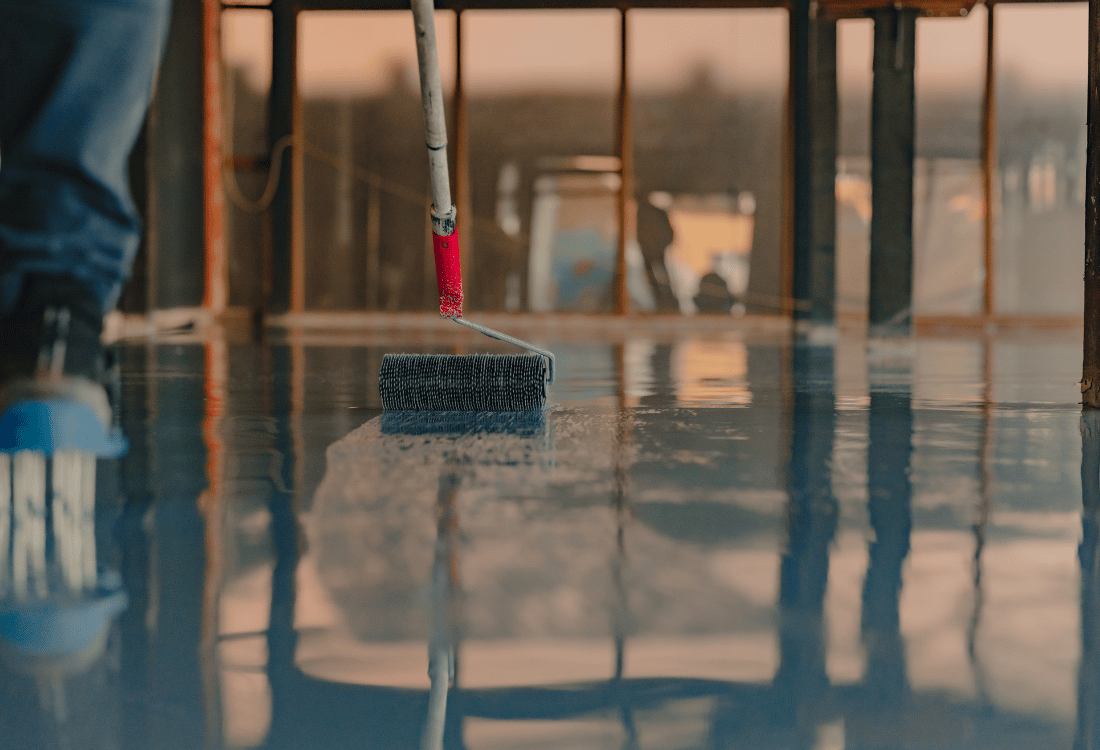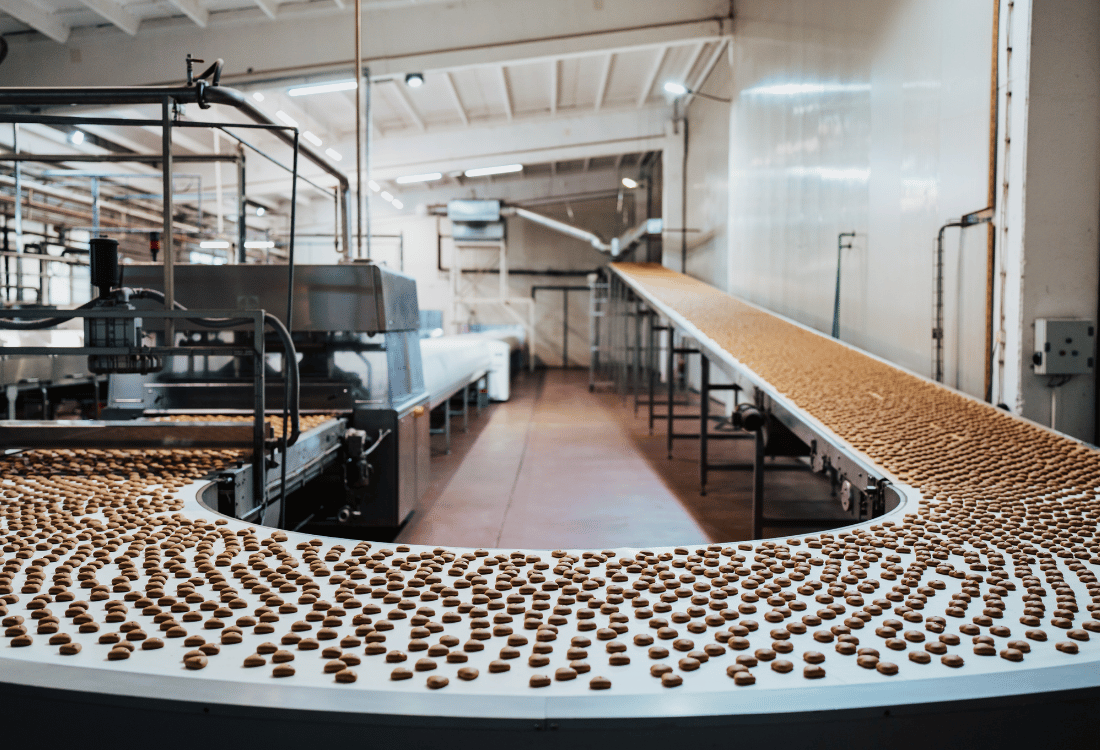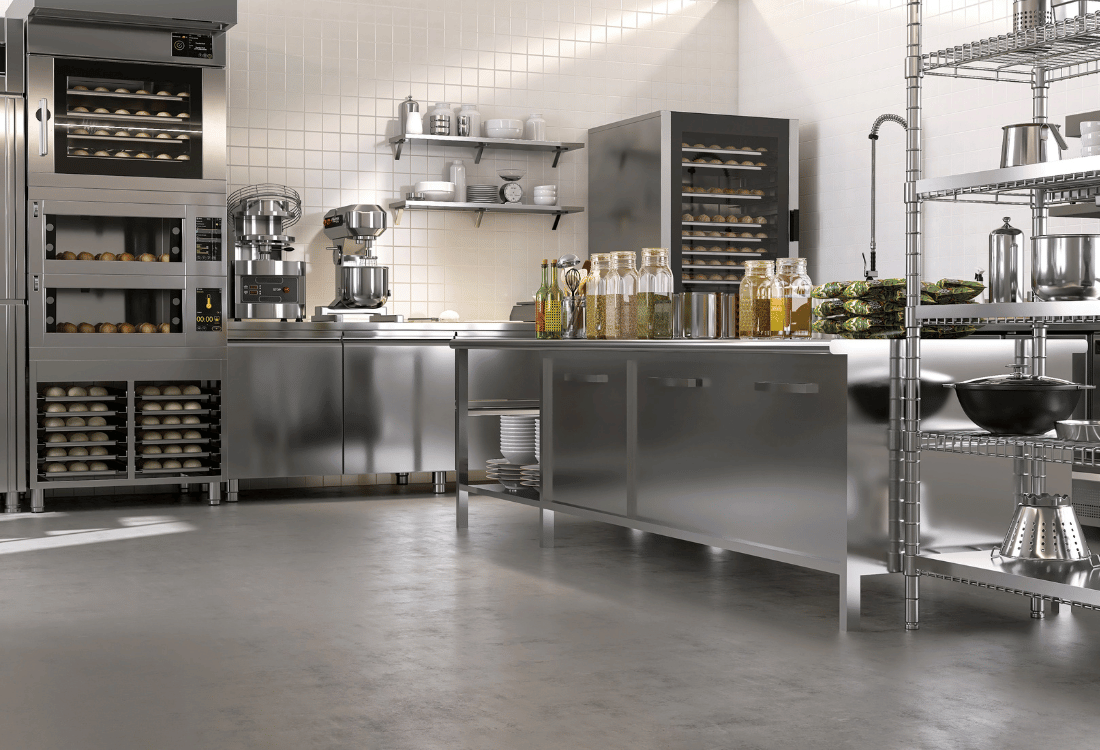How To Improve Reduce Slip Hazards With Industrial Resin Flooring
The Health and Safety Executive (HSE) states that the highest contributors to workplace injuries are slips and trips, accounting for 29% of all accidents. According to HSE guidance, this figure can be significantly reduced with the correct flooring type for the premises.
This article shows how high-quality, purpose-designed flooring can make your business HSE compliant.
Slip Resistance
The HSE measures floors for their slip-resistance. Several important variables are considered, including the floor material. Material is tested and given an R-Rating, ranging from R-0 – the most slippery – to R-13. The required R-Level for the setting depends on other variables, such as the volume of water and contaminants it is routinely exposed to. The higher the contaminant levels, the higher the R-Rating needs to be to prevent accidents.
How Is Slip Resistance Achieved?
Slip resistance involves altering the properties of the finish. This can be achieved in various ways, depending on the end-purpose of the floor. These include special coatings, floor screeds, and admixtures. As a general rule, these share the same agenda of making the floors slightly coarser so that shoes can grip them even when contaminants are present. Various other factors govern the choice of anti-slip floor, including how easy to clean it needs to be and whether slip-resistant shoes are being worn.
Multi-Layer Resin Floor
With good abrasion and chemical resistance, multi-layer resin flooring is a popular slip-resistant choice. This product was designed for areas requiring floors that satisfy food hygiene ratings. Applications include manufacturing wet areas, kitchens, and food processing. The benefits include a finish that is easy to clean, making it ideal for all areas.
Resin Floor Screeds
Screed is a mixture of resin and graded aggregates, which provides a heavy-duty floor with moderate anti-slip properties over a long lifespan (7-12 years). This makes screed an excellent choice for warehouses and manufacturing or similar areas where there is a low risk of liquid or chemical contaminants. The benefits of screed include rapid installation and excellent abrasion properties.
Heavy-Duty Screed Flooring
Almost impervious, heavy-duty screed uses the toughest aggregates for a flooring system that can withstand continuous heavy vehicle traffic for up to twelve years. Its good anti-slip resistance is combined with chemical resistance and excellent hygiene ratings. As such, the applications of this flooring choice are extensive. Heavy-duty screed is widely used in food and drink manufacturing and processing, pharmaceuticals, power generation, chemical processing, and distribution centres.
Anti-Slip Resin Paints And Coatings
Anti-slip resin coatings can be applied to floors, either at installation or further down the line. The coatings create a textured surface, subtly enhanced with sustainably sourced aggregates. This solution has an extremely low Volatile Organic Compound (VOC), meaning that it can be applied in a wide range of areas, including warehouses, manufacturing, and kitchens. This approach's primary benefit is that only the areas where foot traffic is expected needs to be treated.
What Next?
To reduce the slips and falls in your workplace, a range of flooring solutions are available. For more information, give one of our flooring specialists a call today.
You May Also Like
These Related Stories

The Best Flooring Solutions For Food & Drink Processing Businesses

The Best Flooring Solutions For Food & Drink Processing Businesses?


